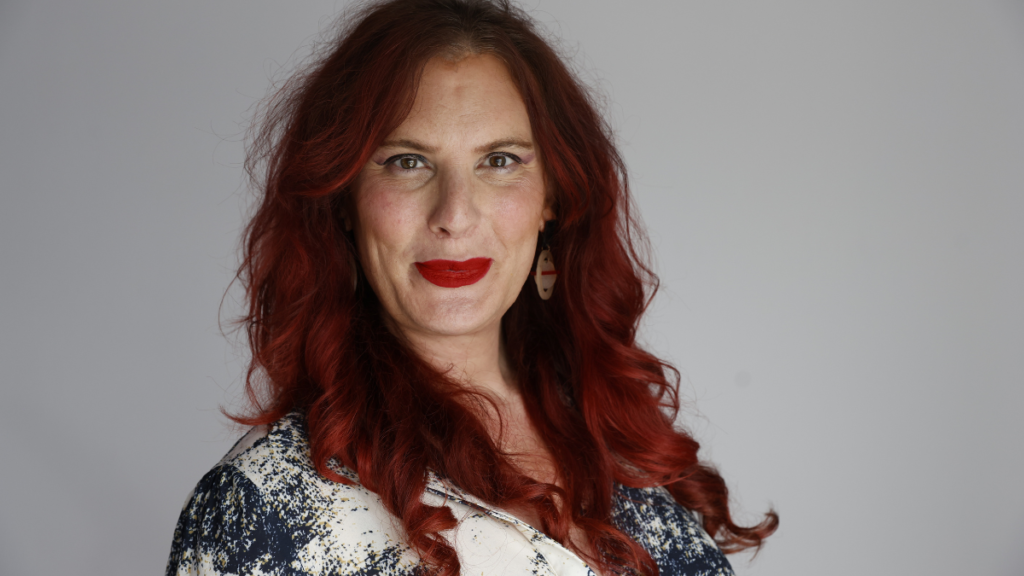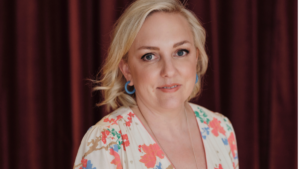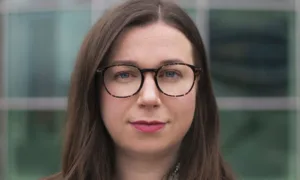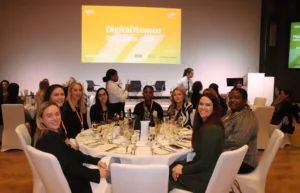By Jamie Jefferson, Chief Creative Officer and Founder at Equator
As a very visible trans woman in tech, I’m struggling to put my words down.
I am writing this only a few weeks after five people were shot in an LGBTQ+ nightclub in Colorado. Two of them were trans and the shooting happened on Trans Day of Remembrance, in a venue that had held an infamous Drag Queen Story Hour event for families. This was not a random killing; this was a targeted murder of a specific group of people.
For anyone working in marketing and digital, the incitement of killings and other hate crimes like these is ever-present. The voices are high-profile and gleefully share stochastic terrorism to audiences of millions on social networks – platforms that are central to many of our careers. We can see them stirring up violence – whether it’s a bomb threat at a children’s hospital or shooting people on a night out – and then playing the victim.
This backdrop makes it hard to write a piece about the seemingly innocent microaggressions and inequalities of the workplace for women or any minority. But while those things seem trivial compared with murder, they are of course connected. It is to consider those that are different as ‘other’. As less human; Less worthy of human rights. That “Everyone is created equal, but some are more equal than others.” as George Orwell said.
It’s tiring and frustrating that this is still true, and seemingly more prevalent than ever. When times are hard, are people more likely to turn on each other – particularly targeting people outside their own group? Aren’t they the same as anyone who practices ‘everyday’ sexism, racism, homophobia, transphobia, ageism or ableism? And aren’t these the same people who cry ‘woke’ to defend their position, as if everyone else is just over-sensitive?
What’s worse is that the people who benefit from cis, straight, white patriarchy don’t see what they’re doing. In what way is it ‘over-sensitive’ to push back when people like you are being murdered? Is it over-sensitive to ask to be treated equally?
If your reaction is, “Yes, but X group should be treated like that because of Y”, I ask you to reflect on that. It’s almost certainly from a place of protecting your own sense of innocence to these things by trying to justify them. The simple truth is that all people are created equal. Period. They should be treated as such. Period.
As a woman of trans experience, I have seen many of these inequities – and been guilty of enabling some, too. It’s difficult to look back on how I overlooked ‘everyday bigotry’ in action when it didn’t affect me.
Now, experiencing both misogyny and transphobia, I live a very different life. Here’s an insight: the transphobia is nowhere near as bad as I imagined it would be; the misogyny is way worse than I expected. The worst thing is, that unless you lived as a guy for a while, you may never really know how bad it is.
As a leader, I’m passionate about changing the conversation about inclusiveness. It’s the heart of the DE&I narrative, but very few people seem to understand what it really means.
The better the team member, the more choice they have of where to work; ensuring they are valued means they’re more likely to take a role and stay longer. Moreover, the best work is not created by a group of people in an echo chamber. Progress comes from new experiences, diverse voices.
So, if the two benefits of inclusiveness are not just nice-to-haves, why do so few people value this principle? Creating an inclusive environment requires businesses to actively create a culture recognising different people will have different experiences and making changes where appropriate.
Sounds so easy – but where do you start? Aside from functional aspects like equitable pay and conditions, I see three simple catalysts for change.
The first is visibility. If key people in the business visibly represent diverse voices and have agency to effect change, others will follow their lead. They’ll see more potential to be valued, heard, and to succeed.
The second is to celebrate active allyship. Team members must understand that being a woman or minority in work often feels vulnerable. But challenging someone’s behaviour can often cost you your job. It’s vital that less vulnerable team members call out inequities on behalf of others – and are celebrated for doing so.
The third is seeing cultural balance as a goal. Creating a team with a balance of personalities and backgrounds makes everyone do better. When you’re not just hiring for the best skills and you look past your unconscious bias to hire for cultural balance as well, you turbocharge everyone’s performance.
None of this is easy. As humans, our blindness to the issues faced by people whose experiences differ from our own, makes creating meaningful change tricky. But we must keep trying.
If we do, the effects will spread. We’re more connected than ever; our words and actions have more power than ever. And because of this, I remain hopeful that the world we’re building for our children will value them equally and celebrate what makes them unique. How can you wish for anything else?









